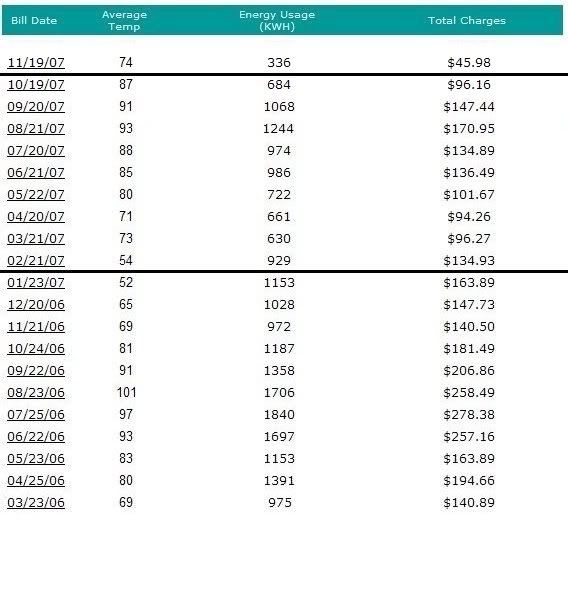dereckbc said:
You just hit the nail on the head without realizing it. The market will make all the decisions as it should. No government can change that.
That's true to the extent that Americans are informed consumers, but with most of our information coming from corporations that have profit as their primary motive (I'm a capitalist with slight marxist leanings, so I'm all for profit, I just like it to be less classist and more socially responsible ...), I don't see Americans making decisions about which car to drive that aren't based, in large part, on whether the giant SUV has a higher profit margin than the subcompact commuter mobile that wrings the greatest possible mileage from a gallon of gas.
Indeed, my local utility talks a lot about "energy audits", but I can't recall a single insert or anything that argues strongly for cutting down on electric consumption through complete replacement of incandescents with CFLs. I use a programmable thermostat, keep my fridge set at a reasonable level, turn things off when I don't need them (okay, the computers all stay running, but the big ones do useful stuff ...). It wasn't until I went to size a backup generator for the house -- meaning, I had a motivation other than cutting the POCO's profits -- that I found how much electricity can be saved with the twisty little bulbs. Over the several weeks time I went through and replaced just about every incandescent I could find with a CFL and this is what happened --
Not just the lowest consumption I've ever had, but a nearly 30% reduction in consumption compared to the lowest prior month.
This is the kind of guidance and direction governments should be putting out. That and the twisty bulb makers should be advertising with copies of bills like mine.
(Edited because I wasn't clear about when I did the incandescent bulb replacement ...)



